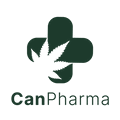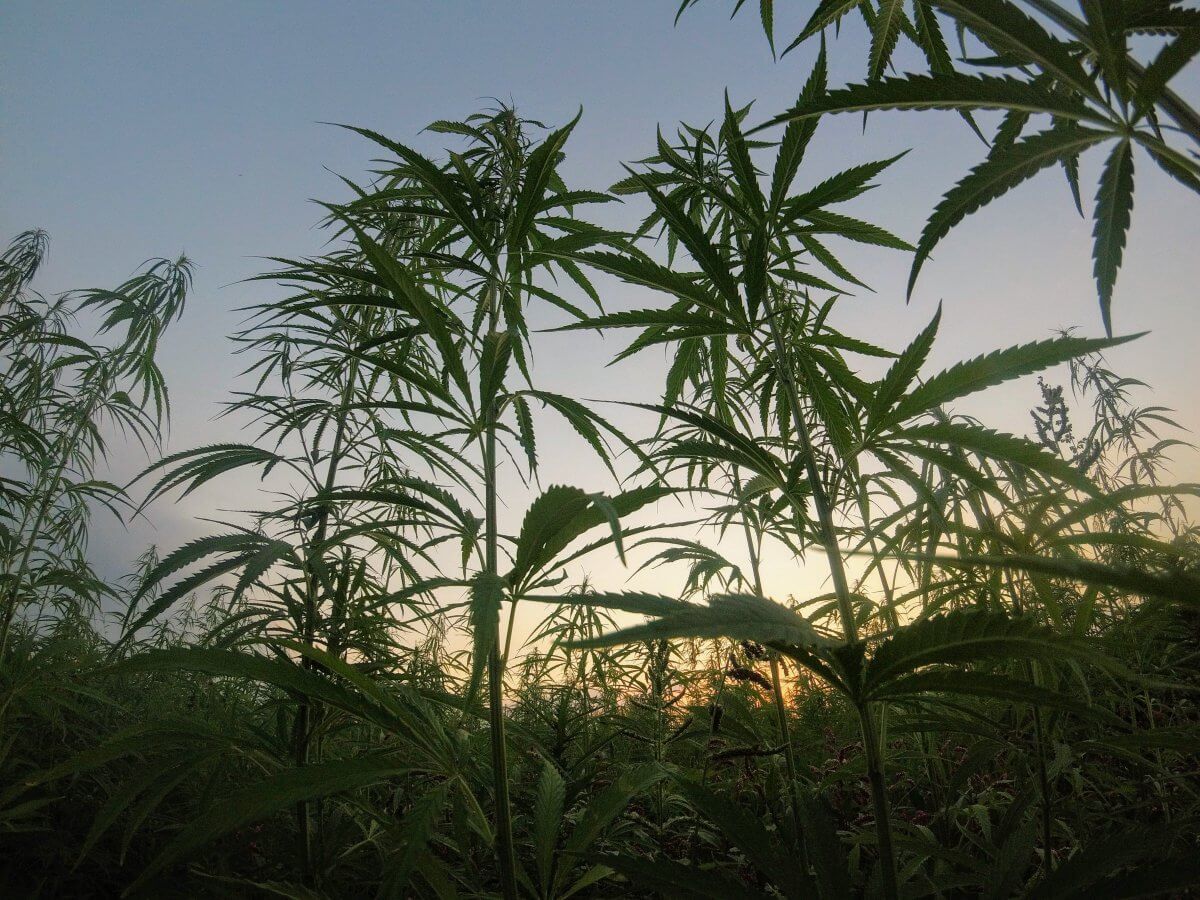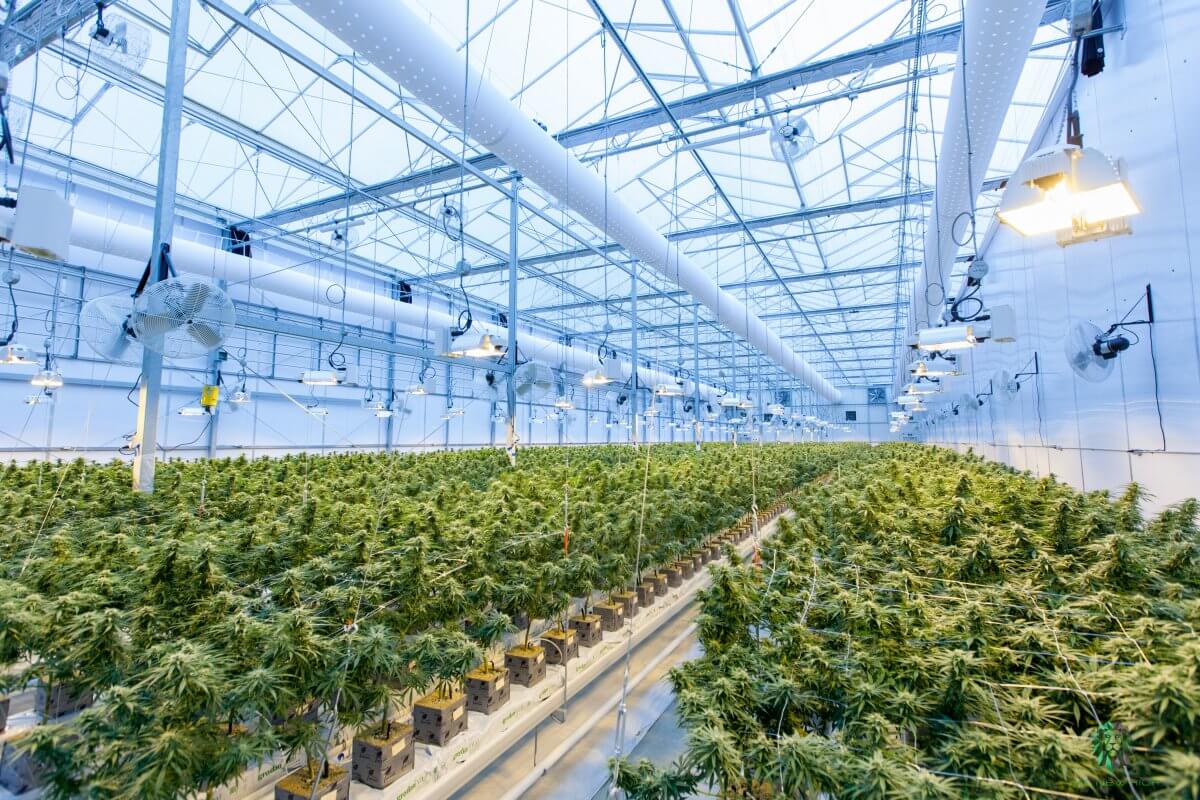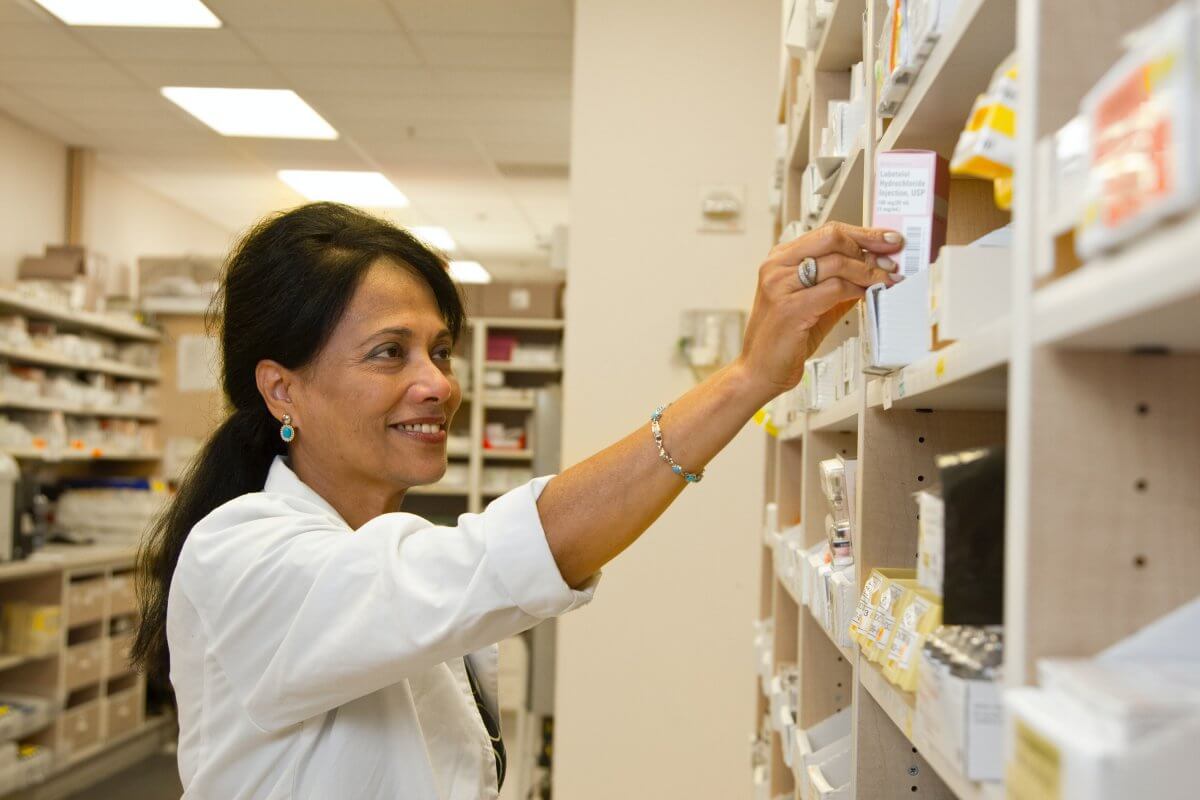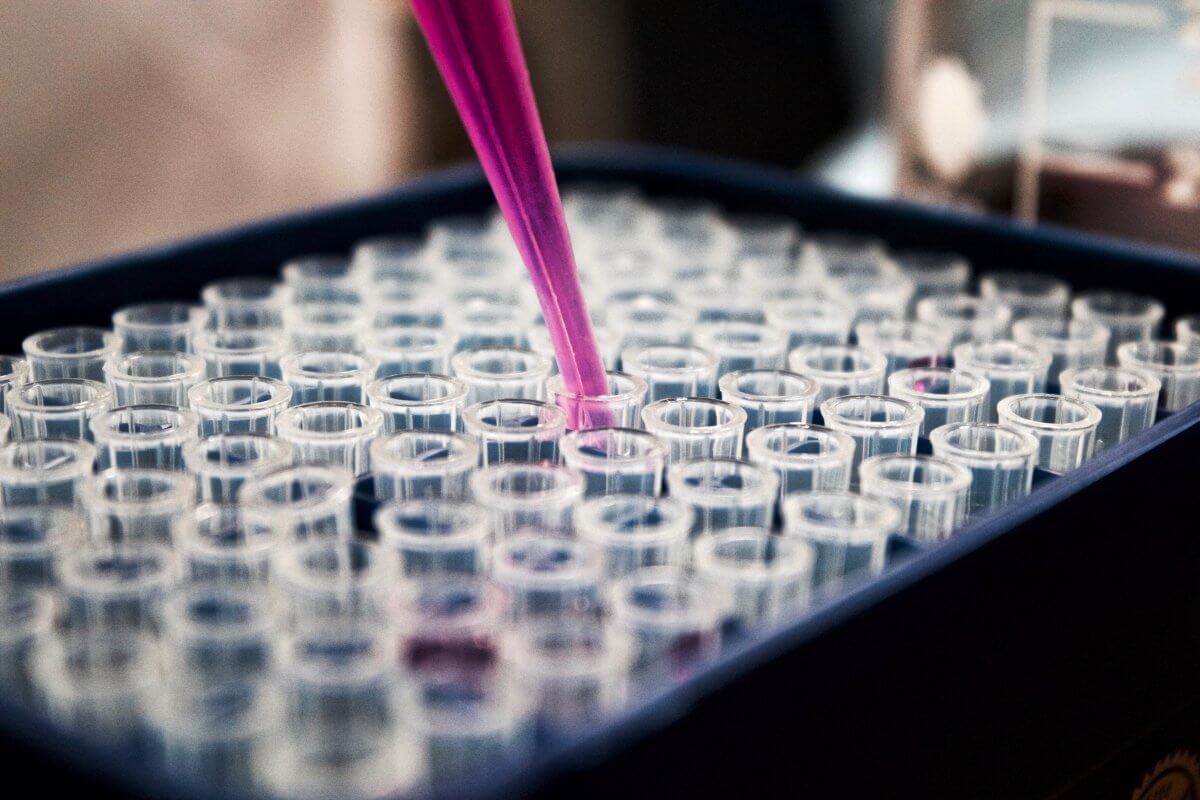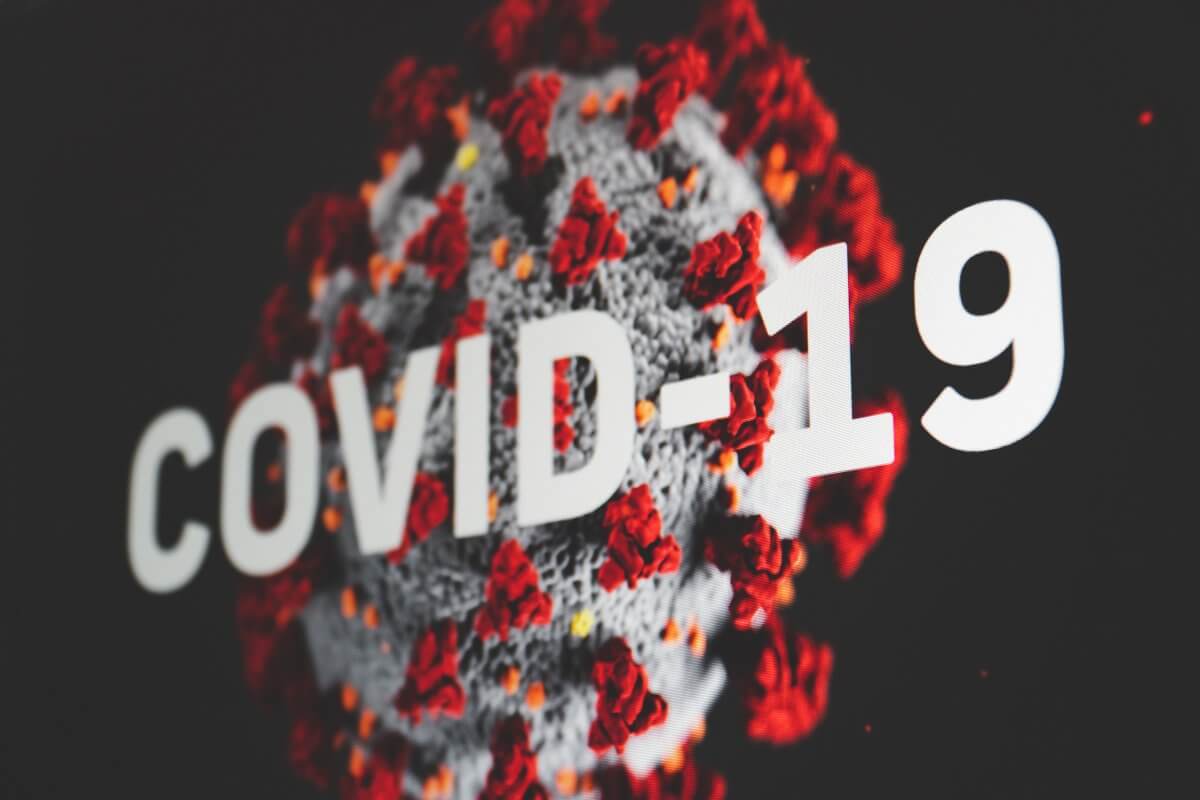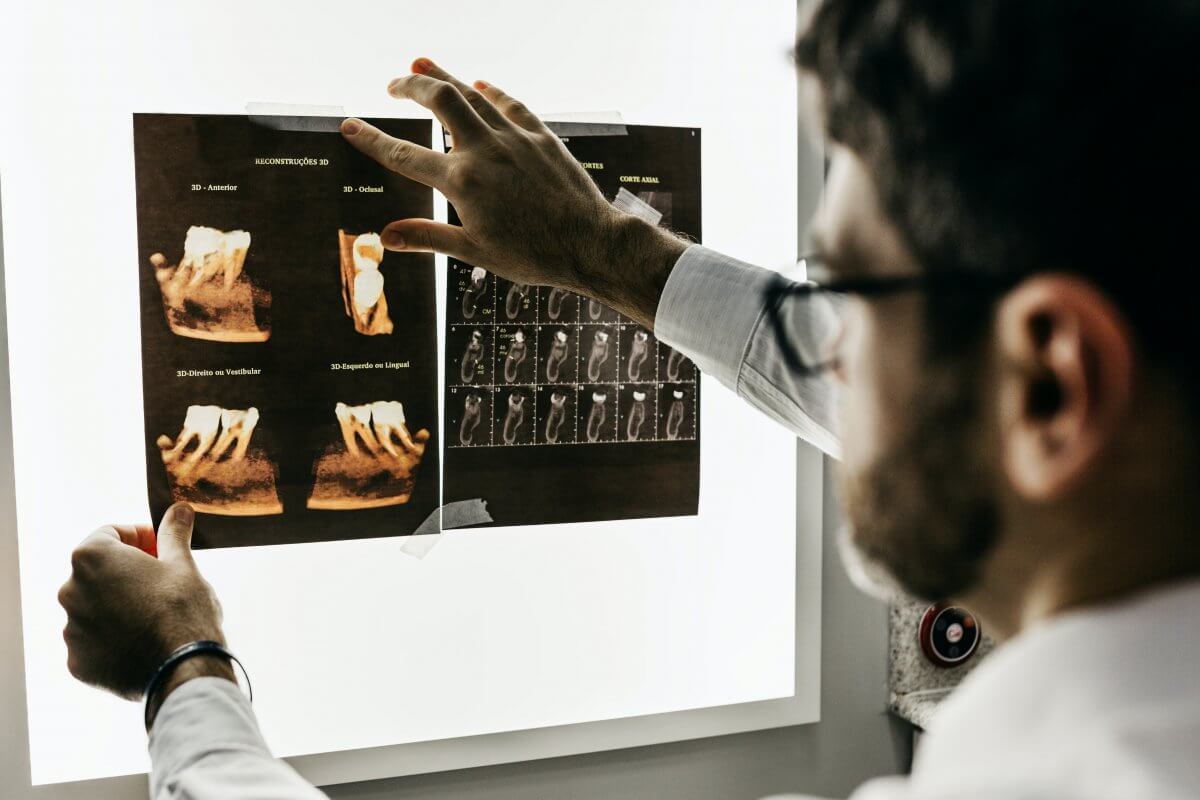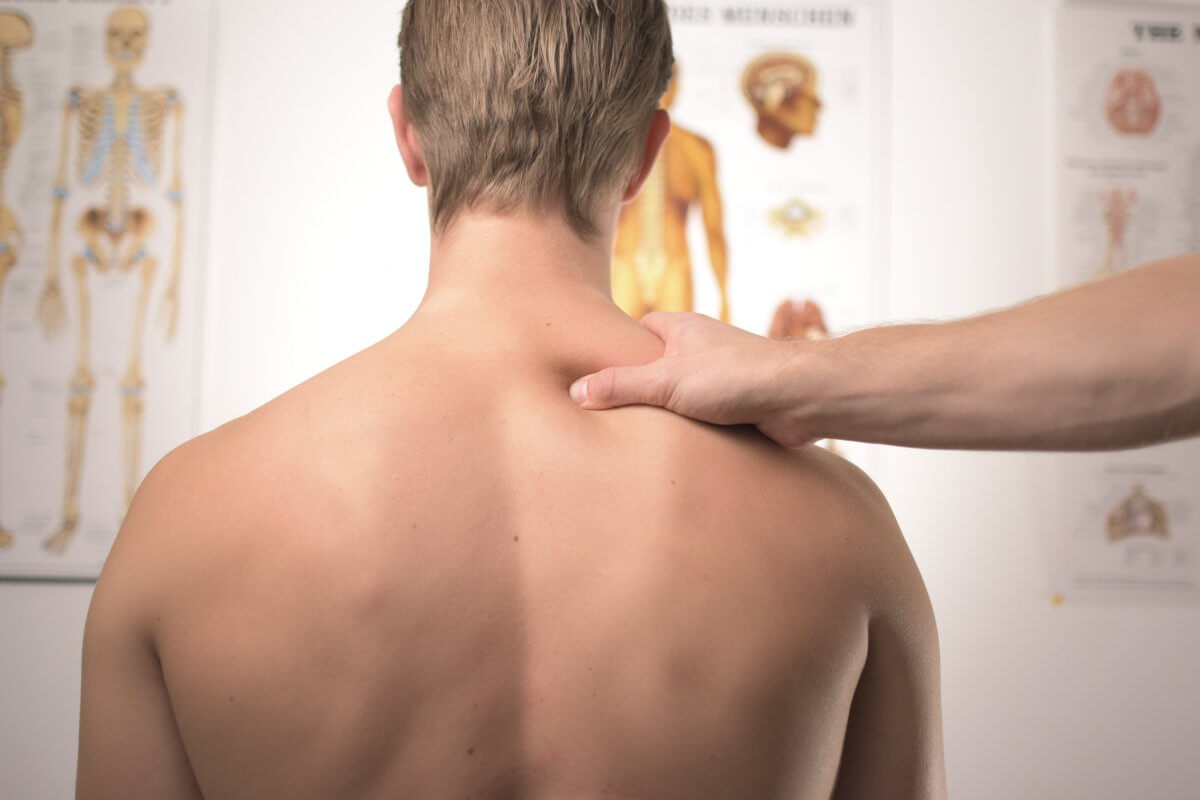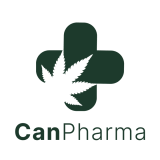The tendering procedure for the cultivation of medicinal cannabis in Germany was bumpy from the start. After the first procedure was stopped, the Federal Institute for Drugs and Medical Devices (BfArM) started the next round in July 2018. But even here there were delays. First the application deadline was extended twice and then the contract was awarded. Nonetheless, the BfArM insisted on being able to bring in the first harvest in Germany this year.
According to a recent report of the pharmacy adhoc, the cannabis producers Aurora, Aphria and Demcan will not be able to harvest German cannabis this year. The blame lies with the corona crisis. As a result, the competent authorities were unable to issue the necessary BtM (narcotics) and GMP certifications in time.
Producers confirm delays
At present Aurora is preparing to start up its production plant in Leuna and made an ad hoc statement according to the pharmacy:
“We look forward to starting production as soon as all necessary steps for production preparation and regulatory approvals have been taken – some of these steps will take longer than originally expected and planned due to the ongoing pandemic. Aurora regularly discusses the progress of the project with the Cannabis Agency and agrees on how to proceed and any delays in the schedule. The first delivery will probably be postponed until next year”.
The Berlin-based start-up Demecan is also planning production near Leuna. In Ebersbach, near Dresden, the company acquired a former slaughterhouse from the insolvent cannabis company Wayland. Now the cannabis production has to be adapted to the new conditions, making a harvest this year impossible.
“Our aim is to start plant cultivation as soon as possible in order to guarantee delivery to the Federal Institute for Drugs and Medical Devices as soon as possible in the new year”, Demecan said ad hoc according to the pharmacy.
The delay in the cannabis harvest was also confirmed by Aphria, whose production plant is located near Neumünster. Delivery is planned for the first quarter of 2021.
No changes on the German cannabis market
The delays in the German cannabis harvest due to the corona crisis are understandable. However, the imported medical cannabis is not sufficient, which is why BfArM had to apply for the approximately 12.4 tons.
But even if German cannabis is available next year, the 2.6 tons per year may still be far from sufficient, so that Germany will probably continue to depend on companies such as CanPharma, which import medical cannabis into Germany.
Source: https://mjbizdaily.com/germanys-first-medical-cannabis-harvests-likely-delayed-until-2021/
https://www.apotheke-adhoc.de/nachrichten/detail/markt/bfarm-cannabis-dieses-jahr-keine-ernte/?tx_aponews_newsdetail%5B%40widget_4%5D%5BcurrentPage%5D=2&tx_aponews_newsdetail%5B%40widget_4%5D%5BitemsPerPage%5D=1&cHash=25c7ab284ce95b6f9449e330a777fc2a
